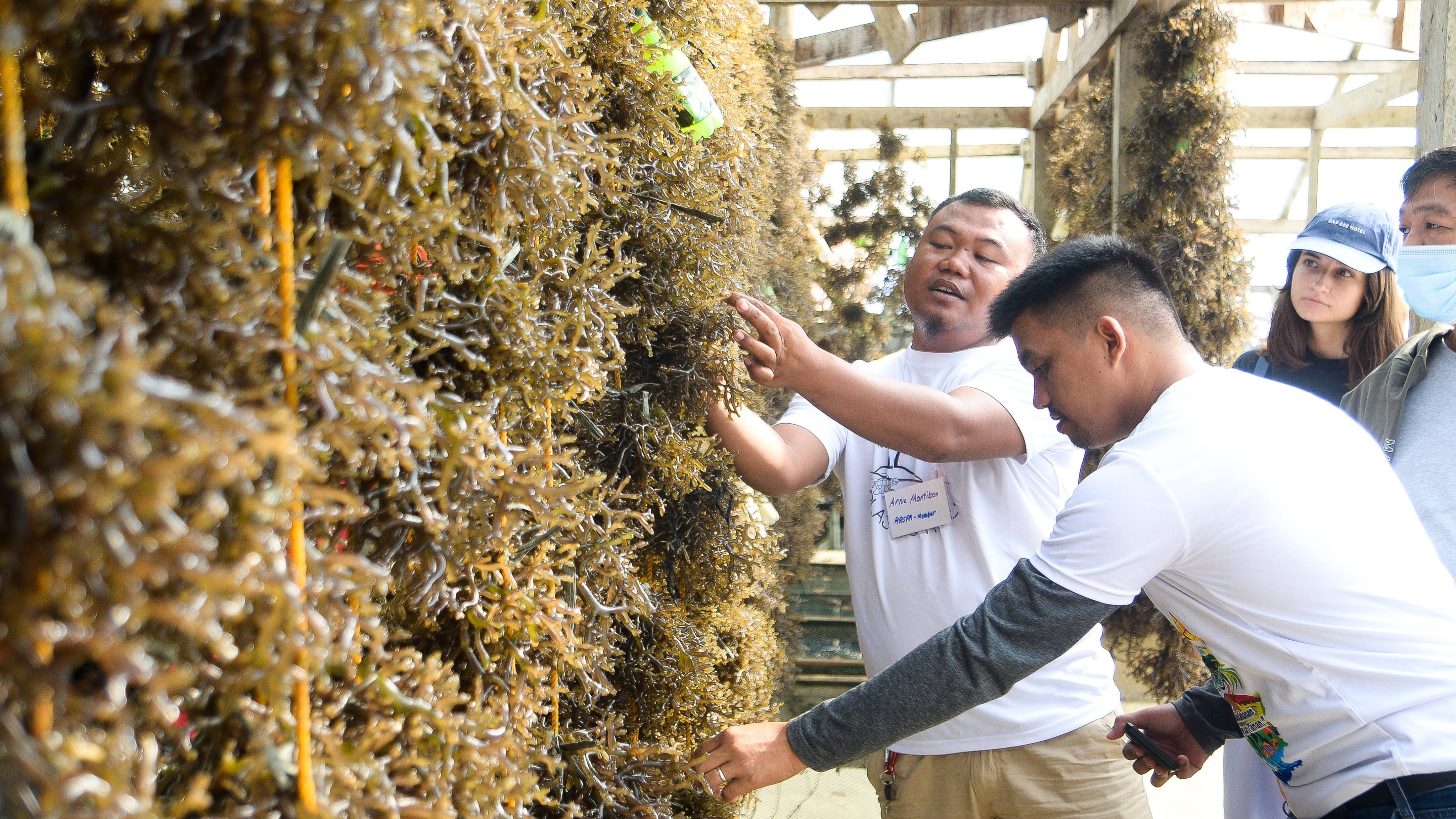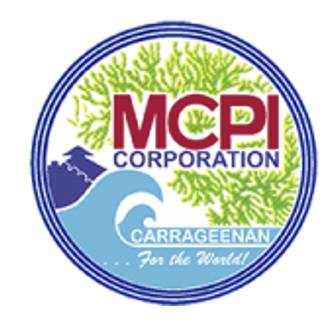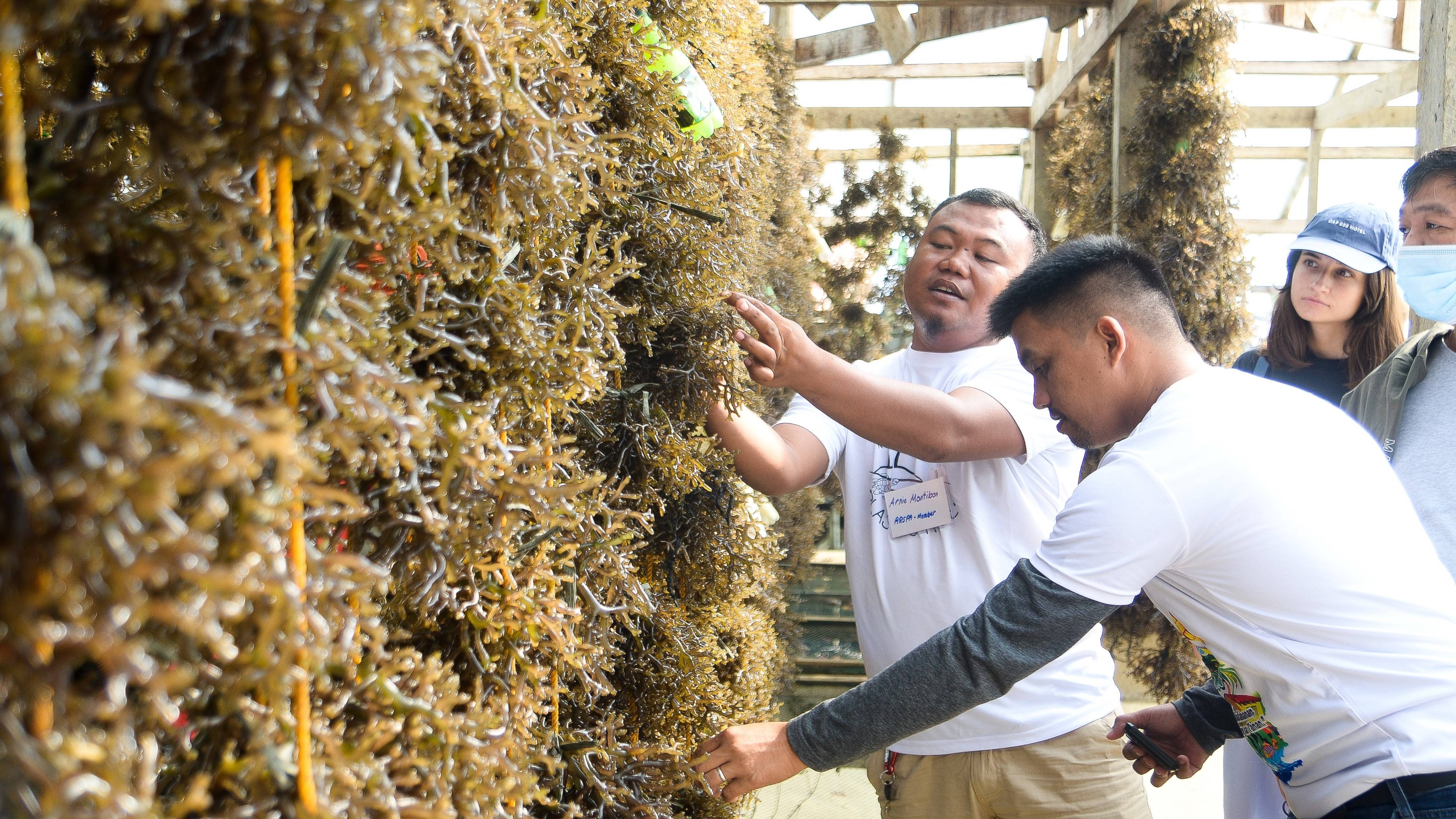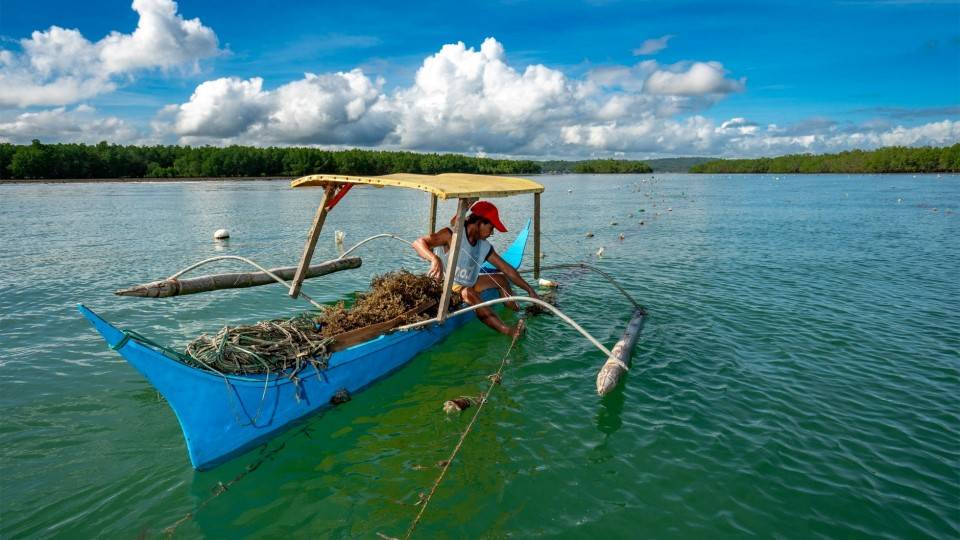
The Challenge
The Philippines is still primarily an agricultural country, with agriculture serving as a major source of food and income for the majority of Filipinos. However, due to the widespread use of agrochemical inputs such as fertilizers and pesticides, the industry has become a significant contributor to pollution and climate change. Agrochemical runoff, including fertilizers and pesticides, is a major source of water pollution, with animal waste and fertilizer runoff accounting for 37% of total water pollution in the country. Excessive use of fertilizers leads to nitrate pollution in water bodies, while pesticide residues contaminate the soil and surrounding flora.
Caraga, being a coastal region with a mix of plains, mountains, and water bodies, offers a diverse environment suitable for various types of agricultural activities. According to the Philippine Statistics Authority, the region contributed 1.6% to the national GDP in 2020, with its major industries being fisheries and aquaculture, agriculture, mining, ecotourism, and agroforestry. Similar to other agricultural areas in the country, Caraga has a high reliance on chemical inputs for farming, which negatively affects soil health and contributes to environmental degradation.
This project focuses on the use of seaweed-derived bio-inputs, such as biofertilizers and biopesticides, as sustainable alternatives in agriculture. By integrating these inputs into farming practices, the project aims to significantly reduce reliance on agrochemicals, thereby mitigating negative environmental impacts while enhancing productivity for farmers. The proposed approach involves sourcing seaweed-based bio-inputs from seaweed waste and compost, which are typically discarded by seaweed-processing MSMEs in Mindanao. Through this initiative, surplus organic waste from the seaweed industry will be repurposed into value-added agricultural inputs. In addition, the project seeks to stimulate demand for seaweed bio-inputs among farmers engaged in key agricultural value chains in the region. This will not only promote more sustainable farming practices but also create economic opportunities and incentives for seaweed-processing MSMEs to adopt and scale the production of these inputs. Ultimately, the adoption of seaweed-derived bio-inputs will support the transition to a more environmentally sustainable and economically inclusive agricultural ecosystem.
The Objectives
The project aims to promote sustainable practices within the agri-food value chains of the Caraga Region, Mindanao, by introducing seaweed-based bio-inputs to approximately 5,000 farmers cultivating banana, rice, cocoa, corn, horticultural crops, and coconut. It seeks to build the capacities of seaweed-processing MSMEs in adopting seaweed bio-input production technologies, transforming seaweed compost into bio-inputs, biofertilizers, and biopesticides. This will help reduce organic waste and lower carbon emissions by preventing the burning of seaweed waste. The project will ensure the sustainable production and supply of bio-inputs through a reliable business model involving MSMEs and suppliers or consolidators. It also aims to facilitate the widespread adoption of bio-inputs, biofertilizers, and biopesticides among farmers across the banana, rice, cocoa, corn, horticulture, and coconut sectors.
The Way Forward
- Seaweed processing MSMEs adopt organic and bio inputs’ production technology.
- Business model and supply chain for seaweed bio inputs established in the region.
- Seaweed bio inputs adoption in 6 agri-food value chain for agrochemical usage reduction.
Relation to European Green Deal, Circular Economy and Climate Change
The project responds to the EU’s call to accelerate efforts in addressing the causes and effects of climate change and to consider models of economic growth decoupled from environmental degradation, given the devastating impact of natural catastrophes such as floods and droughts on the development of countries like the Philippines. Like the EU, the project recognizes the important role of MSMEs in implementing actions related to climate change mitigation and adaptation. By supporting the processing of seaweed production waste into bio-inputs for agriculture, the project aligns with the European Green Deal, particularly in advancing the circular economy, where products are reused and recycled to minimize waste. Moreover, the promotion of bio-input use among farmers in the project sites supports the Green Deal’s objectives of fostering a sustainable economy and protecting the environment, especially in restoring a healthy balance in nature and ecosystems. The project also aims to contribute to the European Green Deal’s goal of climate neutrality, achieving net-zero greenhouse gas emissions by 2050, by reducing emissions and capturing residual emissions through technological innovations or natural carbon sinks. This ambition aligns with global goals for climate change mitigation, which emphasize the development of technologies that reduce emissions and enable adaptation to climate change.
Duration:
1 March 2025 - 29 February 2028Total Budget:
EUR 1.250.000 (EU Contribution: 80%)Lead Partners
Partners






